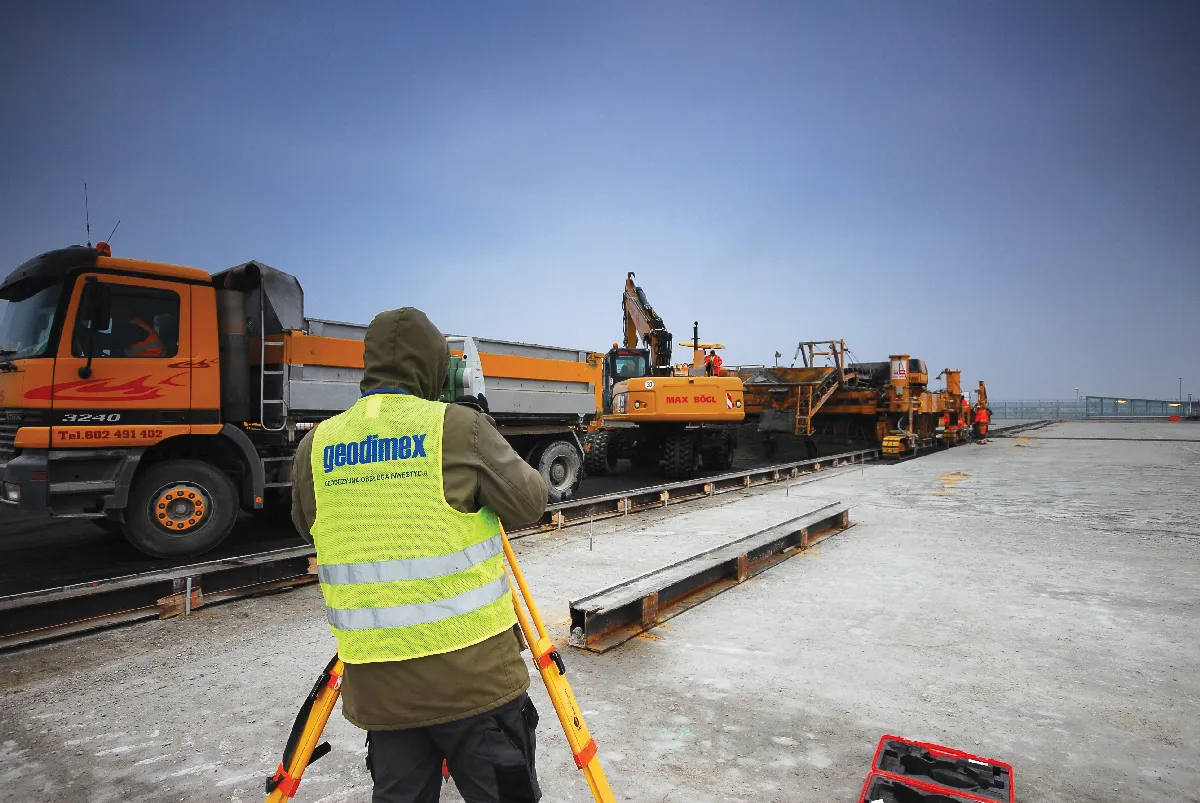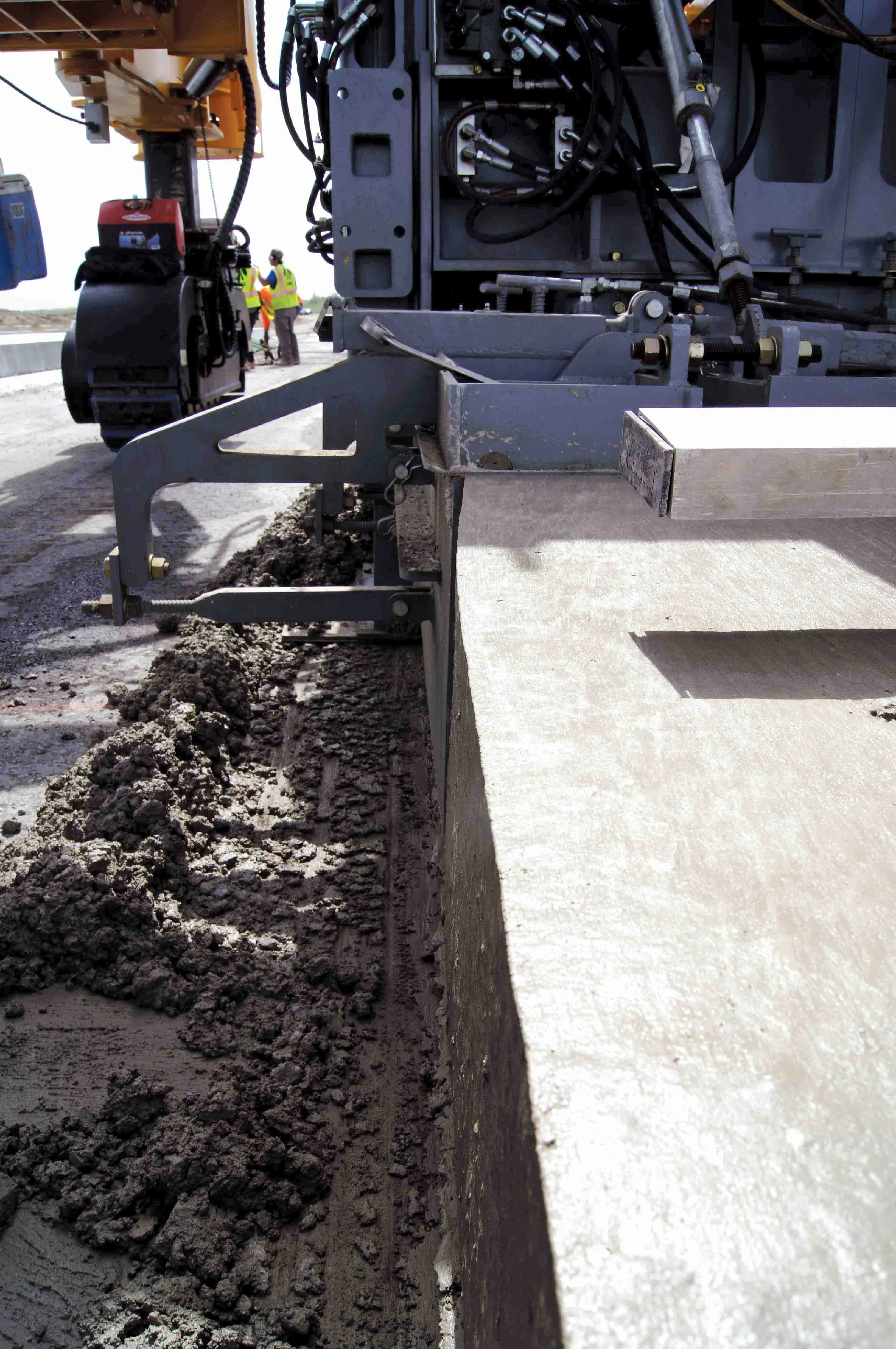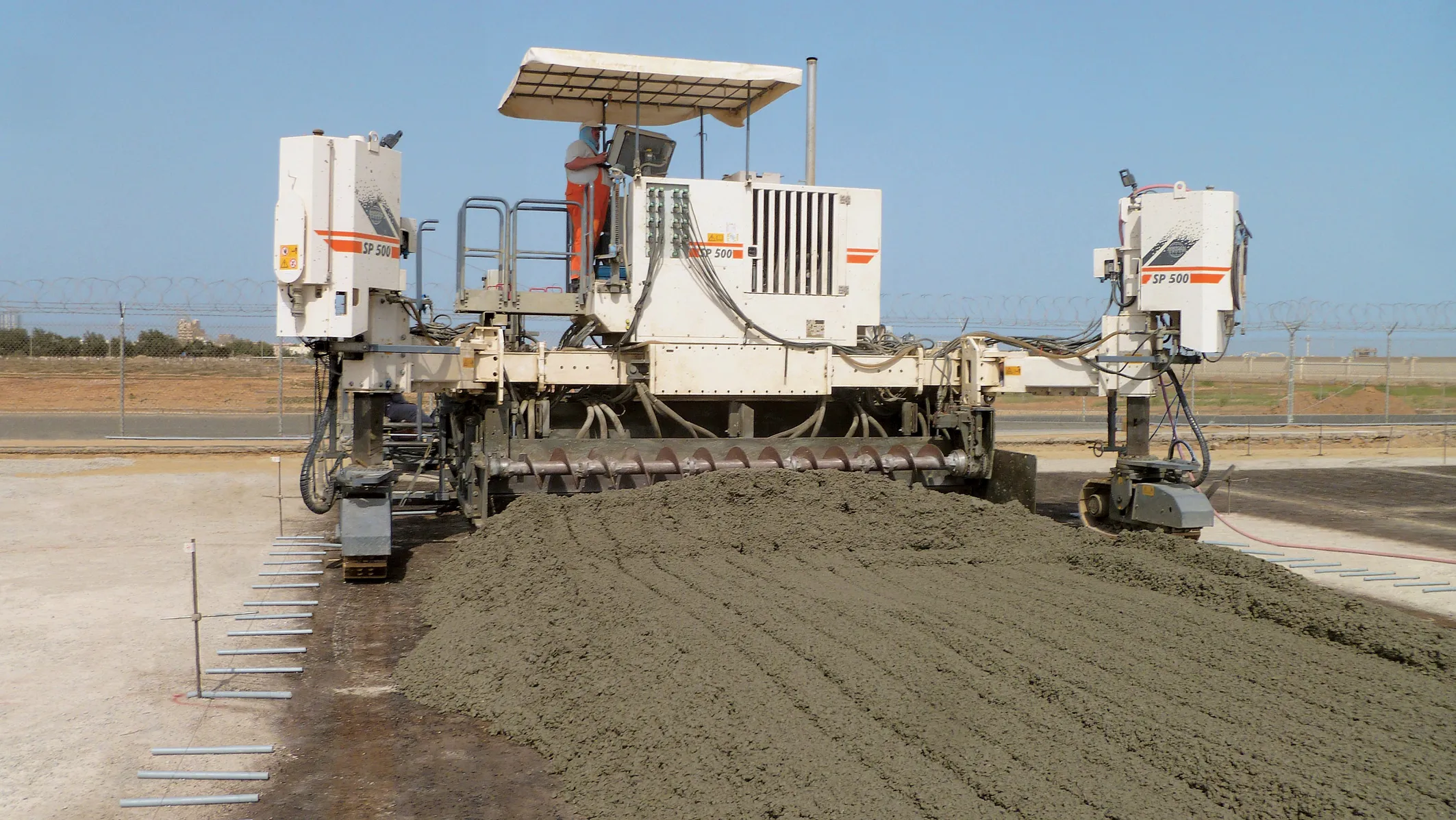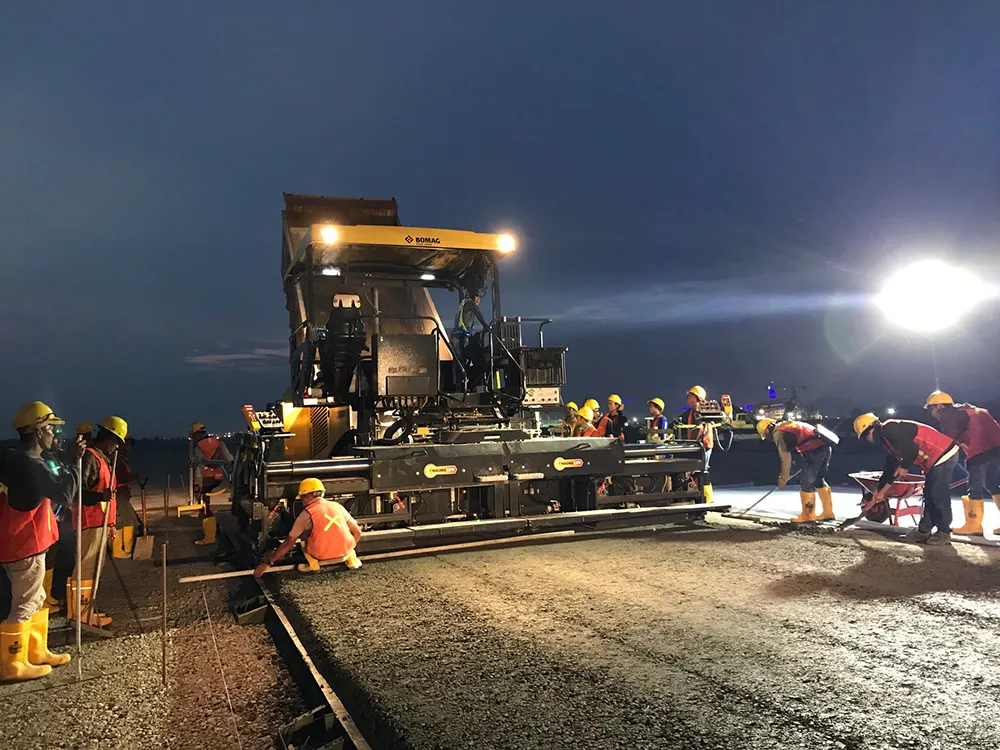Rzeszów-Jasionka Airport in the south-east of Poland is now benefiting from a new taxiway constructed over a 50-month period and costing some €22.5 million.
The work was required as the airport needs to increase capacity to cope with growing passenger traffic. The main portion of the project was for the construction of a 3km long taxiway, which lies parallel to the airport’s main runway. This taxiway now allows aircraft to manoeuvre away from the single runway and free up capacity for take-offs and land
August 21, 2013
Read time: 2 mins

Rzeszów-Jasionka Airport in the south-east of Poland is now benefiting from a new taxiway constructed over a 50-month period and costing some €22.5 million.
The work was required as the airport needs to increase capacity to cope with growing passenger traffic. The main portion of the project was for the construction of a 3km long taxiway, which lies parallel to the airport’s main runway. This taxiway now allows aircraft to manoeuvre away from the single runway and free up capacity for take-offs and landings, increasing capacity substantially to 16 aircraft/hour.The project also included the construction of rapid-exit taxiways, perpendicular taxiways and a 4,600m2 apron extension. Much of the construction work for this design-build contract has been handled by Max-Bögl Polska, with conceptual, building permit and detailed design work all carried out by BBKS-Projekt using software from
BBKS-Projekt was a nominee in the 2012 Bentley awards scheme for its work on the project. Meanwhile the surveying portion of the airport upgrade work has been carried out by Geodimex.
The taxiways feature a central 23m-wide concrete pavement, with 10.5m-wide asphalt shoulders running along both sides.
Meanwhile the Rzeszów-Jasionka Airport runway is also being upgraded, with a new, high quality concrete design that features a 300mm thick surface layer and this is replacing the previous asphalt design. Work on the 3.2km runway started a few months ago and is being handled by contractor
In addition, BBKS-Projekt is also carrying out work on two other airport projects in the South of Poland, for the taxiway and cargo apron at Katowice International Airport and taxiways at Kraków-Balice International Airport.









